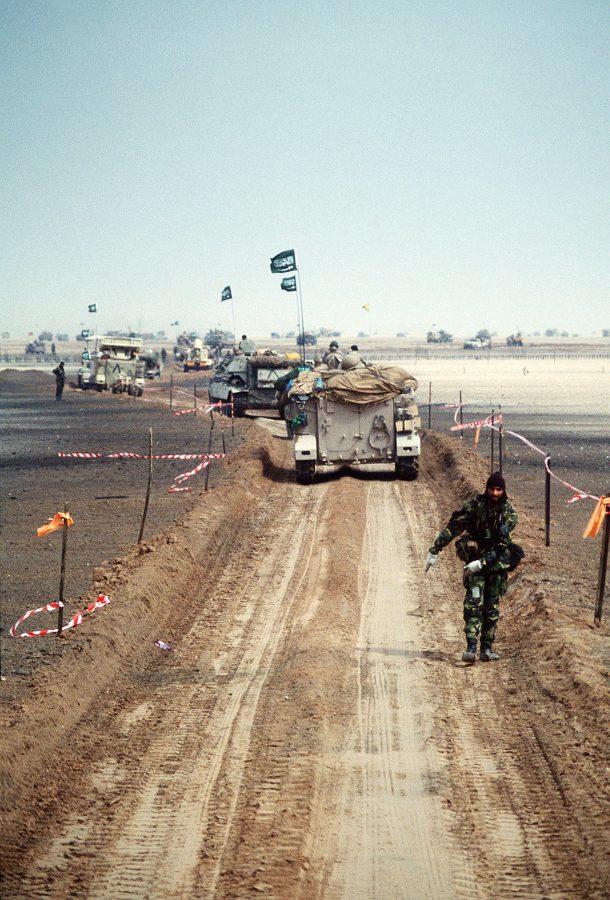By Anthony Romanelli, opinion editor
Saudi Arabia has recently eclipsed India as the United States’ primary arms client, with over $200 billion in weaponry shipped over the entirety of the Obama administration and an additional $115 billion to come under President Trump. The Middle Eastern country has the largest defense budget in the region, yet is among the most poorly equipped, comparable to the much smaller United Arab Emirates in its development.
The new weaponry includes third-generation M1 Abrams battle tanks, a wide array of fighter jets, guided missile systems, radar equipment, and even ships for the Royal Saudi Navy. The new deal, which once prohibited certain weapons for human rights concerns, are now free from restriction, and the Saudis can use these new weapons without condemnation from the United States, where the Obama administration strained relations with the country with the Iran nuclear deal, as Iran has been Saudi Arabia’s chief rival in the region.
When Obama was president he limited arms sales to the Saudis, out of a fear that they would use them on civilians in the civil war in Yemen, where Saudi Arabia spearheads a coalition for foreign intervention against the Houthis, a Shia jihadist movement who are rumored proxies of Iran. President Trump, however, has removed such restrictions as the ban on guided missiles and has promised to be more cooperative than ever with the eastern nation in hopes of combating Islamic terror groups like ISIS, Hezbollah and Al-Qaeda, as well as conduct peacekeeping operations in places like Syria and Yemen.
However, given Saudi Arabia’s abysmal human rights situation, its reliance on sharia law, and political instability, the country always ensures two things; Constant suffering and constant sales. Every day jihadis all across the Middle East keep finding cheaper and cheaper ways to destroy expensive military hardware while the more violent secularists such as the numerous Kurdish militant groups and Marxist movements foment revolutions since the Arab Spring. While an economic benefit to selling weapons cannot be denied, the stability of the region is arguably harmed by the prevalence of weaponry and the instability of the states that receive them.
Thanks to the cooperation of U.S. allies in the Persian Gulf and in NATO, ISIS islosing ground, despite appearances to the contrary. Saudi Arabia has been both a key ally and a part of the problem, as many rich traditionalist elites in the country promote sharia law and jihadist ideology. Osama bin Laden is the most famous of these billionaire terrorists, but he was certainly not alone in the creation and funding of his organization. When the ethical integrity of a state’s government is brought into question, certain things such as weapons and personal endorsement should not be given to a theocratic state executing its own citizens over 1400-year-old laws. However, as one of the few consistent military allies in the Middle East, the United States cannot afford to cut off Saudi Arabia unless it wants a repeat of Iraq in Syria. For now, it appears the United States is at an impasse.
Categories:
Saudi Arabia arms deal: How much is too much?
August 28, 2017
0
Donate to ProspectorNow
This coming fall, we plan on traveling to the 2025 National High School Journalism Convention in Nashville, Tennessee, where we'll learn from professionals and get better at what we do: making the best multimedia student journalism in the state. If you've ever found anything of worth on this website, please consider donating to offset the cost.




































































